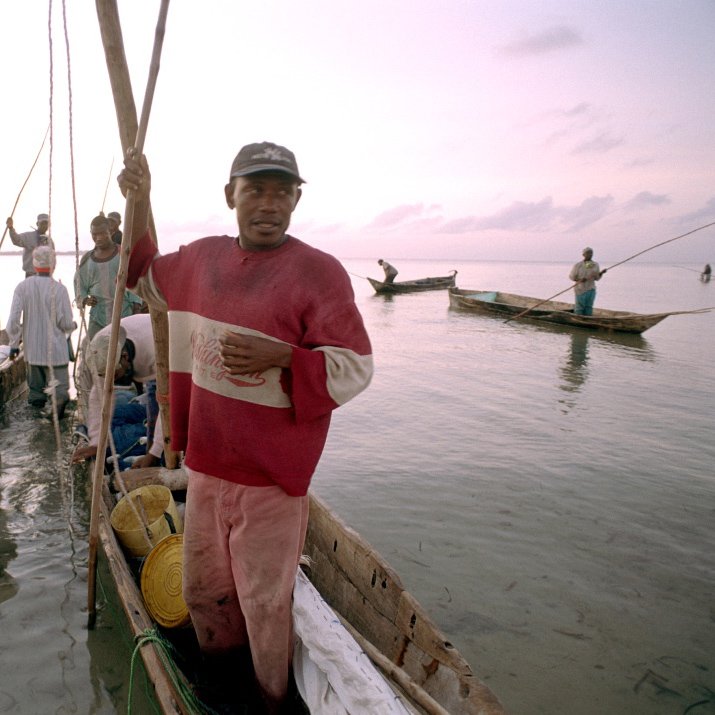- Lighthouse Foundation
- Projects
- Cambodia: Marine Mammal Conservation
Cambodia: Marine Mammal Conservation Project
What is at issue:
The project aims to actively protect the Irrawaddy dolphin population in Kep and Kampot area on the Gulf of Thailand in southern Cambodia and to support the increase of the population and the development of a healthy ecosystem.
To this end, regional gaps in knowledge about the Irrawaddy dolphin still need to be filled. Furthermore, it is important to raise awareness among the government and the people about the dolphins and their importance for the ecosystem. Finally, the development of specific legislation for the protection of the Irrawaddy dolphin will protect the species and its critical habitats.
What's happening now:
The new, high-quality binoculars allow us to sight and track dolphins, which are documented and identified by the dorsal fin photos from the new digital camera. This data also allows us to identify areas of conflict and critical habitat, animal behaviours and population estimates, which are crucial to understanding and protecting this species.
A video is being produced that will be broadcast nationally to inform the public about Cambodia's important marine ecosystems and endangered species, their main threats and ongoing conservation efforts. The professional footage will hopefully get people in Cambodia excited about marine life and encourage coastal and riverine communities to get involved in marine protection and conservation activities.
What we have achieved:
As a result of the COVID 19 pandemic, CMMCP has focused on building a local research team. In February 2020, four Cambodian staff began an intensive 10-week research and training programme in which they learned data collection and compilation, and how to use scientific equipment. In April 2020, CMMCP qualified the first fully Cambodian marine mammal research team.
This team continues research by spending 12-20 hours per week collecting data in the form of land and boat surveys. This data is shared with local and national authorities on a monthly basis. The research team in Cambodia is now fully equipped and our lead Cambodian researcher can be paid for his work.
In September 2021, we again continued most of our projects with an international team of scientists - this time with a clear focus on training Khmer people at universities and in the field, and supporting local and national institutions against illegal fishing. In the meantime, we were able to ensure that a local team can continue our important research on the endangered Irrawaddy population.
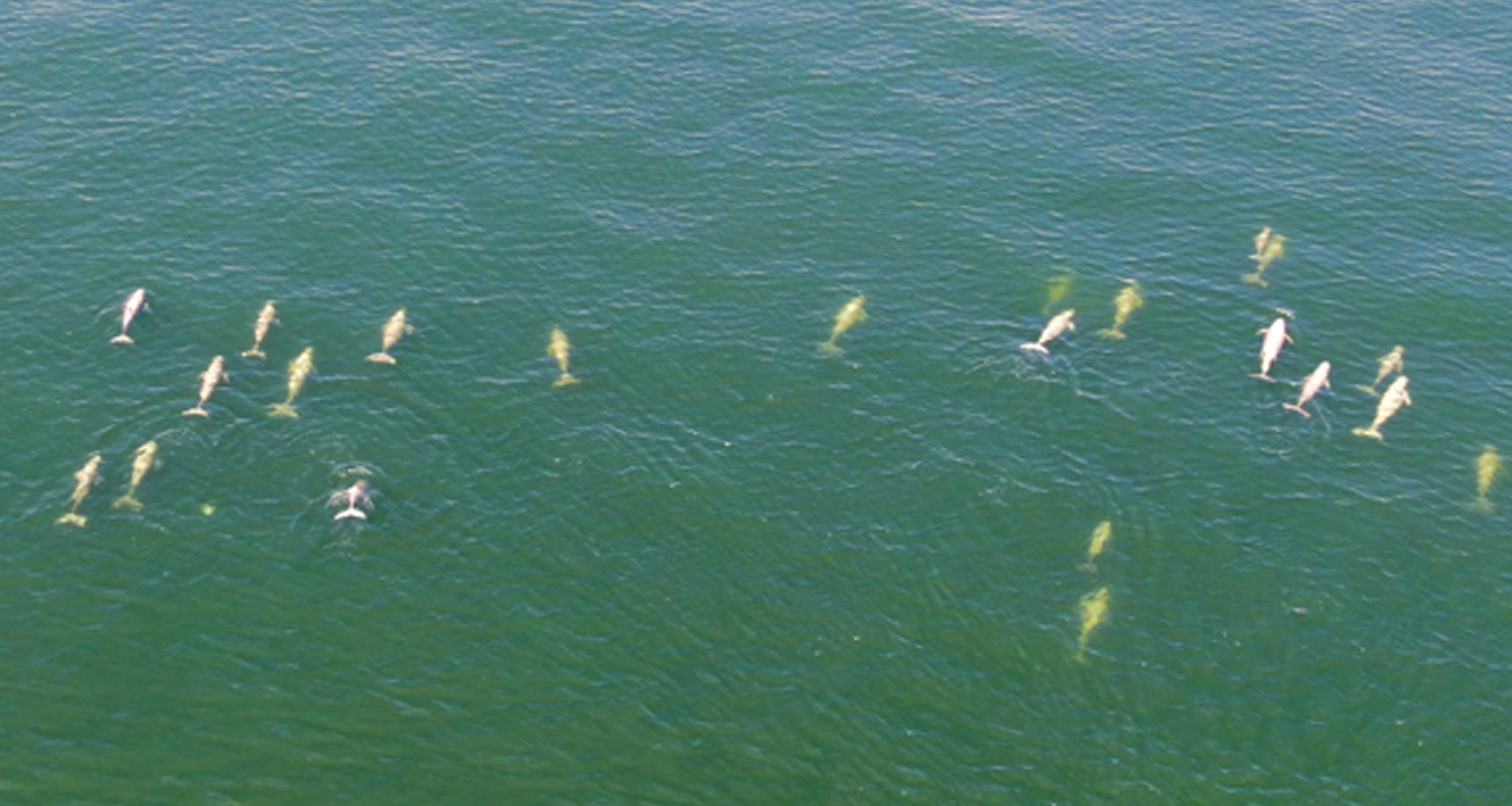
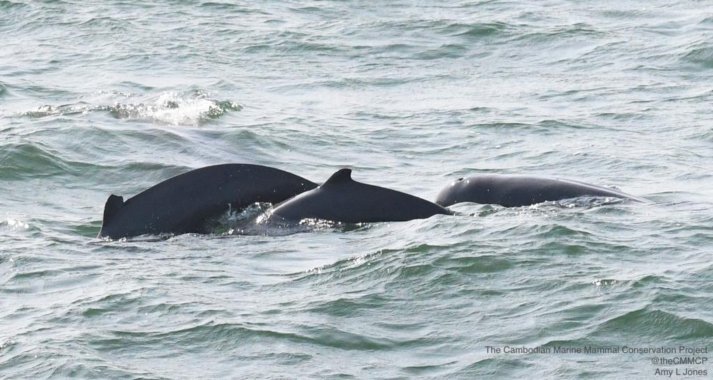
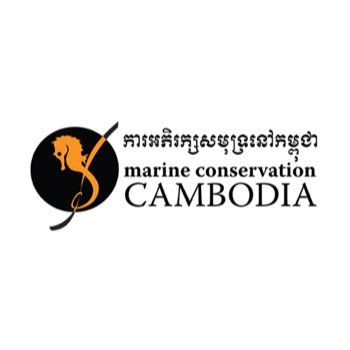
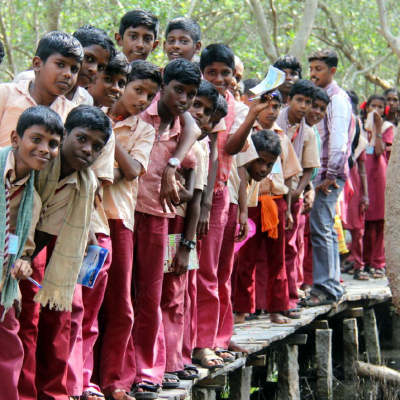)
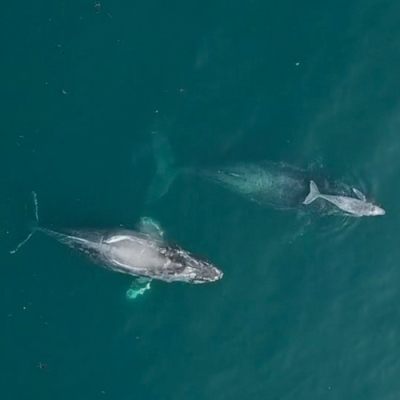)
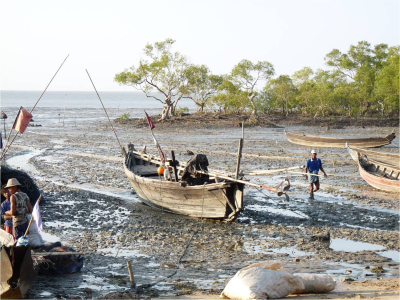)
